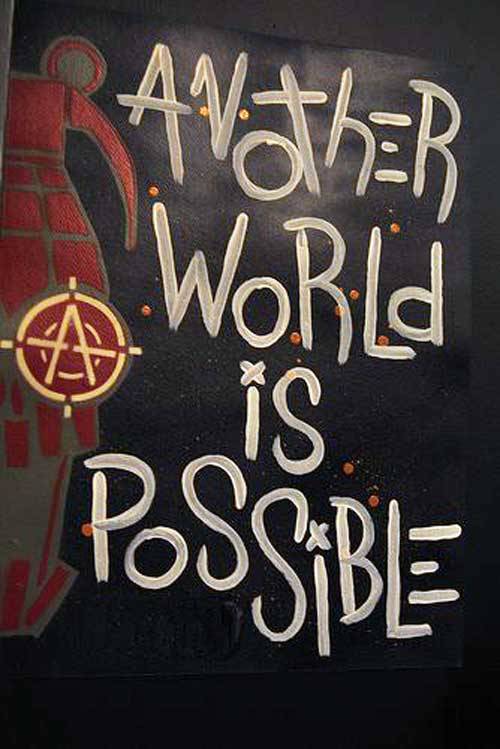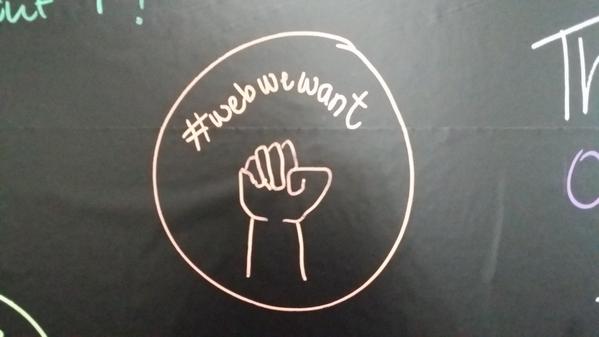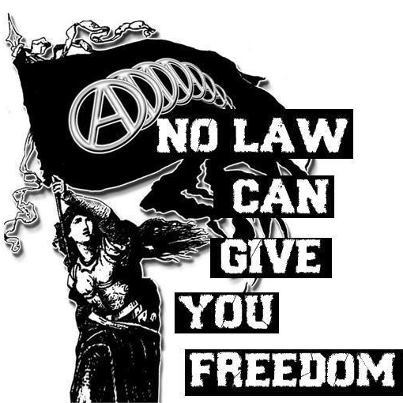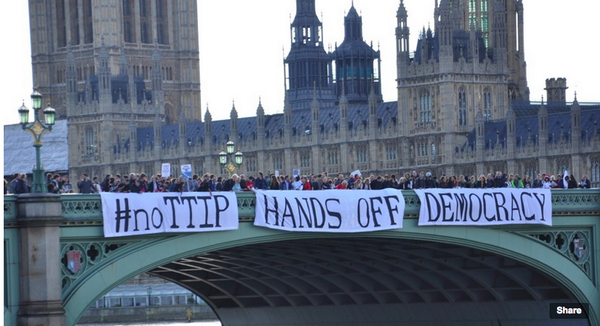. @hjbentham. #antistatism. #anarchism. #VenusProject. #nostate.
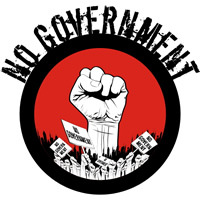
This article originally appeared at Dissident Voice in 2013, but is being reprinted due to its relevance to recent and upcoming events including Remembrance Day.
If we want a world without exclusion and inequality, we must discredit all the structures and institutions that only exist to keep inequality in place. Of these, one of the most devastating is bafflingly legitimized by most people globally, including those people who are worst-off. In fact, one could make the argument that those who are worst-off are the most vocal about the self-determination of “nations”, the idea of constructing a nation-state for one’s exclusive status-group. All nation-states get their basis from fraudulent arguments, and their very existence runs directly contrary to the goal of an egalitarian regime. Therefore, it is arguable that all nation-states deserve to be criticized and finally eradicated by the oppressed, rather than legitimized by them.
Social scientist Immanuel Wallerstein has presented historical insights that show how the nation-state system that defines international relations is basically the superstructure of an exploitative global economic system that must divide people and restrict numerous rights and freedoms to survive. The nations, when we analyze them, can each be found to be based on historical exaggerations. India, for example, was primarily constructed by nationalistic zealots leading history to their desired conclusions. In reality, in a fully informed mind there is no India or should be no India, because any number of possible countries could have existed instead of India. The same can be said of the United Kingdom, although it is more credible to make the argument about newer states with more recent sordid histories such as the current South African regime with its recent experience of apartheid – another system of exclusion, much like the “nation” still accepted as so-called South Africa.
The world is tiered to offer different groups different levels of wealth and power. And the international system, by separating people into nation-state units and confining people to them on the basis of fraudulent historical claims, bears a great portion of the guilt for the vast disparities of wealth and power in the world. The only reason a nation-state can be richer than another is because nation-states are believed to be legitimate democratic units to represent people internationally, but they are not. Were they to all be simply rejected as illegitimate, none of the international inequality producing the sore of the North-South divide would then be justifiable. None of the discrimination against migrants throughout the world would then be justifiable, and neither would any use of armed force by one state against a weaker state.
The nation-state as we know it today is the product of two significant events: the Treaty of Westphalia in 1648 and the French Revolution of 1789-1799. The former established the idea of sovereignty and the latter established the idea of popular sovereignty and redefined the citizens to be an inclusive category involving every member of the “nation”. Since the French Revolution, most norms in international relations have been developed from that history which established how states are to be recognized as legitimate. The United Nations still defends sovereignty and self-determination, the latter of which is basically an extension of popular sovereignty and a brainchild of Woodrow Wilson. However, as enlightened as the French Revolution was in its time, the Jacobin ideology of nationalism was also unfortunately supportive of jingoistic ideology, and ultimately legitimized the doctrines of fascism and Nazism in the Twentieth Century. This has to do with the faulty premises of the idea of citizenship and the antinomy of citizenship and human rights. If humans are equal and are to be given inalienable rights, there are no citizens, because citizenship is necessarily exclusive.
It may be alluring, or even justifiable as a short-term strategy, to get involved in the nation-state aspirations of an oppressed people for self-determination, such as the Palestinians. However, oppressed as the Palestinian people may be, their real oppressor is the nation-state system they lend credibility to by aspiring to find protection in the body of a nation-state. Zionism is the epitome of nationalist evil in our time, and the coffin of obscene Zionism and its many equivalents around the world (which include dangerous Sinhalese and Indian nationalist ideologies among many others) would not be the attainment of Palestinian statehood but the de-legitimization of all nation-states. As such, it is justifiable to say that one does not simply refuse to recognize the State of Israel, but that one refuses to recognize any nation-state. Some nation-states may be committing massacres at the present time to defend their ideological claim, but all of them justify their power and their possession of arms on the same basis that the massacres are committed.
Imagined Communities, the name of his best known work, is the term Benedict Anderson uses to describe nations. With the development of communication infrastructure and the development of one language within a geographic area, an illusory sense of community develops among people in that area. Nations are always asserted by rulers using such things as common language or ethnicity as mere excuses, and the nation-state is constructed upon the nation by legitimizing the fallacious idea of a nation for the sake of gaining recognition among similar entities and the acquiescence of the people within the state’s jurisdiction. Thus, in the same way that churches require believers, nation-states require those who believe in the nation.
Nationalism has been opposed often throughout history. However, unfortunately, what most of its opponents were always attacking was not the nation-state but the concept of a nation. They were quarrelling over creating a more inclusive nation, but this is a misguided approach. Extending citizenship, giving more rights to people within the nation, et cetera, is not good enough. The very idea of a nation, as imagined when popular sovereignty won out in the French Revolution, must be taken apart. With it, the idea of citizenship must be taken apart and discredited.
The argument should not be about creating global citizens, but about abolishing all citizenship. Citizenship is necessarily exclusive. One cannot produce certificates that are inalienable, for then the certificates would negate themselves. One does not make the slaves free. One abolishes the institution of slavery, and with such abolition the free man is also abolished because the distinction between slave and free man shall cease to exist. Thus, it is abolition of the institution of citizen and non-citizen that we must act toward, and this is the abolition of citizenship, the institution in question. The principles of tolerance and equal treatment among people cannot support the survival of the institution of citizenship.
What should be aspired towards is not the eradication of states or the eradication of government (as anarchism aspires towards) but the elimination of a particular kind of unit, the nation-state. Nation-states are founded upon historical fabrications, constructed to segregate communities in the world and force them to accept an ideology that enforces international inequality. Furthermore, nation-states and the concept of citizenship cannot be divorced from its roots as an ideology that repeatedly supports exclusion or other actions tantamount to racism. All present institutional racism stems from the ideology of nation-states that is accepted by most people. To eclipse this model, only the model of a single democratic government over all persons in the world is suitable to provide equitable and benevolent governance that cannot be accused of hypocrisy. But voicing support for an alternative system is not as important as letting go of the archaic system currently in effect.
The next Mandela would surely be the man capable of breaking the legitimacy and power of the nation-state model itself (in all countries founded on fraudulent historical arguments and delusions of community, whether officially described as a “nation-state” or not). The archaic and oppressive institutions of nationality and citizenship must be broken in our time, during the transition period of the world system, and perhaps South Africa would be the most fitting place for that change to be first agitated and displayed to the world. The “nation” entities with the flimsiest and most sordid histories, such as South Africa with its apartheid past, should be targeted for dismantlement first. Everything that ties the people of the so-called nation must be questioned and thrown into doubt. Tell them how nothing in fact ties them but their humanity, and the same thing ties all of us, inside or outside our borders and no matter what petty details a sheet of paper may say. If out of many, there comes one, then disavow the nation-state ideology and believe in a world without “citizens”, a world where humanity can find the correct form of democratic representation under a single system and authority.
In sum, the nation-state is destructive, abusive and unnecessary and it ought to be abolished in the long-term. The associated ideology of citizenship should be targeted for eradication too, no matter what reactionary dangers this eradication may entail, because that ideology is the basis for a great deal of exclusion and preferentialism. Question history, question the “nation”, and do not pay any respect to such a fallacious idea. Don’t sacrifice the truth of the trajectory of history, so you can accept what a government has taught for the manufacture of acquiescence to exclusion and inequality.
Become part of the conversation. Submissions welcome. Also consider leaving a comment in the comment thread.
Originally published at Dissident Voice on 16 April 2013.
Image via http://www.anarchistart.com/




